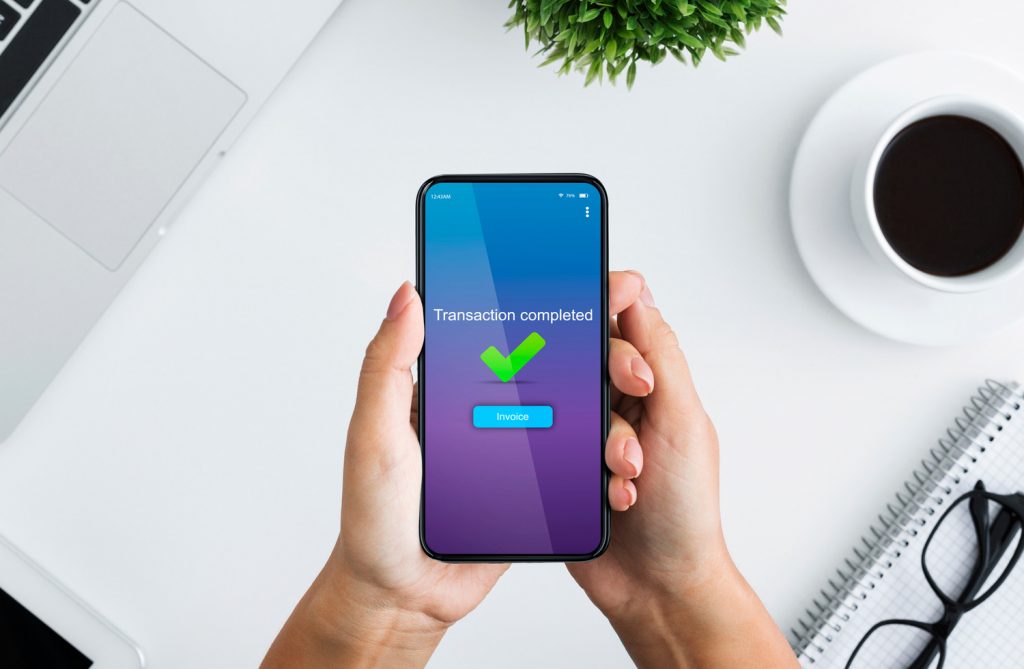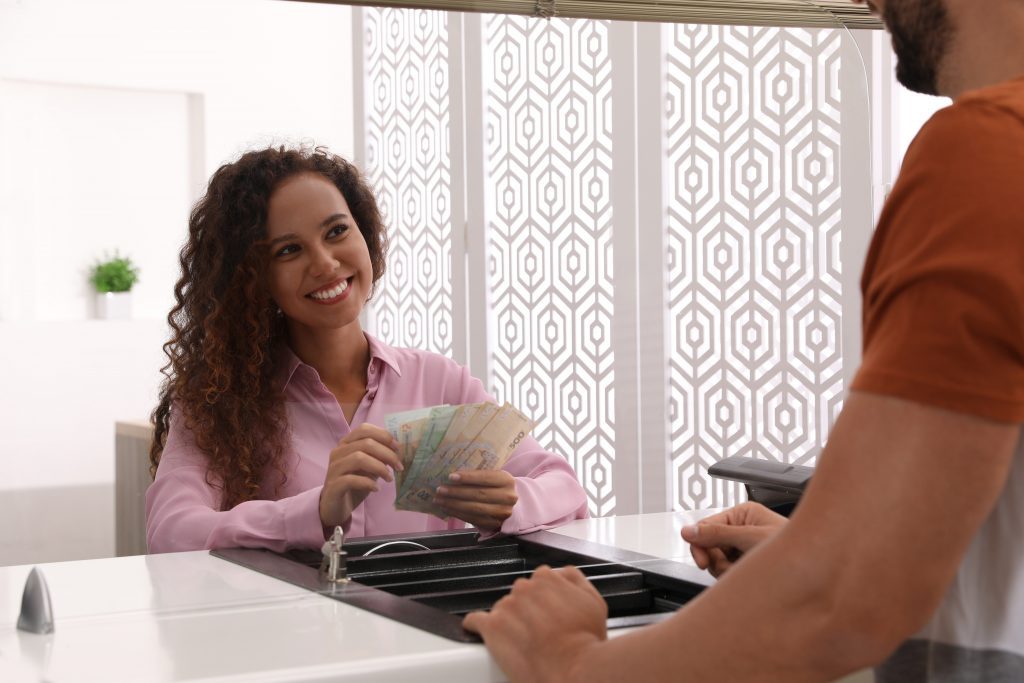Table Of Content
What Is A Money Order?
A money order is a type of payment method that is similar to a check. It is a paper document that serves as a guarantee of payment. Essentially, a money order is a pre-paid check, where the amount of money you want to send is paid upfront, so the receiver is guaranteed to receive the payment. Money orders are typically issued by banks, post offices, and other financial institutions.
To use a money order, you purchase it from a bank or other financial institution and fill it out with the name of the recipient and the amount of money you want to send. You then give the money order to the recipient, who can then deposit or cash it at their own bank.
One of the advantages of using a money order is that it is considered a more secure payment method than cash because it can be traced and canceled if it is lost or stolen. Money orders can also be used to make payments to individuals or companies that do not accept personal checks or credit cards. However, it is important to note that money orders often come with fees, and these fees can vary depending on the institution issuing the money order.
Example
John needs to send $500 to his friend, who is studying abroad. He goes to the post office and purchases a money order for $500.
He fills out the money order with his friend's name and address and sends it in the mail. His friend receives the money order and cashes it at a local bank.

What Is A Cashier Check?
A cashier's check, also known as a bank check, is a type of check that is guaranteed by the bank that issues it. It is a check that is drawn on the bank's own funds, rather than the funds of an individual account holder. This means that the bank guarantees the funds to the recipient of the check, making it a secure and reliable form of payment.
To obtain a cashier's check, you typically need to go to a bank or financial institution and request one.Cashier's checks are often used for large transactions, such as for buying a car, a house, or other expensive items. They are considered more secure than personal checks because the bank guarantees the funds.
They are also often required for transactions that require immediate payment or where a personal check may not be accepted, such as in real estate transactions. However, like money orders, cashier's checks may also come with fees, and these fees can vary depending on the institution issuing the check.
Example
Sarah wants to buy a used car from a private seller. The seller requests payment in the form of a cashier's check.
Sarah goes to her bank and requests a cashier's check for the purchase amount of $5,000. The bank issues the cashier's check, which Sarah gives to the seller. The seller deposits the cashier's check at their own bank and the transaction is completed.
Money Order vs Cashier Check: Main Differences
Money orders and cashier's checks are both types of guaranteed payment methods, but there are some key differences between the two:
-
Issuer
Money orders can be issued by a variety of institutions, including banks, post offices, and convenience stores. This means that money orders can be purchased from a wide range of locations, making them a convenient option for many people.
On the other hand, cashier's checks are issued only by banks, which means that they are less widely available. However, it is generally possible to cash a cashier's check at a retail store, although fees may apply and the maximum amount that can be cashed may be limited.
-
Maximum Amount
The maximum amount of a money order can vary depending on the institution issuing it, but it is generally lower than the maximum amount for a cashier's check. For example, a money order from the United States Postal Service (USPS) has a maximum amount of $1,000, while some banks may allow money orders up to $5,000 or $10,000.
In contrast, cashier's checks can be issued for much higher amounts, often up to several hundred thousand dollars or more. As a result, cashier's checks are often used for larger transactions, such as purchasing a house or a car, while money orders may be more suitable for smaller transactions or for sending money through the mail.
-
Cost
The cost of a money order is generally lower than the cost of a cashier's check. Money orders can often be purchased for a few dollars, while cashier's checks may have a higher fee associated with them.
The cost of a cashier's check may vary depending on the bank issuing it, and some banks may waive the fee for account holders or for certain types of transactions.
Bank/Institution | Cashier Check Fee |
|---|---|
Chase | $8 |
PNC Bank | $10 |
Bank of America | $10 |
Capital One | $10 |
Discover | $0 |
Wells Fargo | $10 |
Ally Bank | $0 |
Citizens Bank | 1% ($5 minimum – $12 maximum) |
Citibank | $10 |
US Bank | $10 |
TD Bank | $8 |
-
Security
Both money orders and cashier's checks are considered secure forms of payment because they are guaranteed by the issuer. However, some people may view cashier's checks as more secure because they are issued only by banks and are considered less susceptible to fraud.
A cashier's check is completed by the bank, which restricts the cashing of the funds to the intended recipient only. In contrast, money orders come with added risk since the “pay to” line is left blank. If one forgets to fill it out, anyone can cash it.
-
Identification
To purchase a money order, you generally do not need to provide identification, although some institutions may require it for larger amounts.
To purchase a cashier's check, you will usually need to provide identification, such as a driver's license or passport.
Money Order vs Cashier Check: Main Similarities
Money orders and cashier's checks share some similarities in their function as guaranteed payment methods. Here are some examples of the similarities between the two:
Guaranteed payment: Both money orders and cashier's checks are guaranteed payment methods. The issuer of the payment method guarantees that the funds are available and will be paid to the recipient.
Non-reversible payment: Once a money order or cashier's check has been issued, it cannot be reversed or canceled. This provides a level of certainty for both the sender and the recipient that the payment will be made.
Alternatives to Cashier’s Checks and Money Orders
There are several alternative payment methods to cashier's checks and money orders. Here are some common alternatives:
Personal check: Personal checks can be used as a form of payment, but they are not guaranteed like cashier's checks and money orders. Personal checks can take time to clear, and the funds may not be available to the recipient immediately.
Electronic transfers: Electronic transfers, such as bank transfers or wire transfers, are a fast and secure way to send money. This method requires both the sender and the recipient to have a bank account, and there may be fees associated with the transfer.
Cash: Cash can be used as a form of payment, but it is not recommended for large transactions or for sending money through the mail because it can be lost or stolen.
Online payment services: Online payment services, such as PayPal or Venmo, allow users to send and receive money electronically. These services are convenient, but there may be fees associated with using them.
Debit or credit card: Debit or credit cards can be used as a form of payment, but the recipient must accept them.
If you're looking for an alternative payment solution, consider the fees, security, and convenience of each method when choosing the best payment option for your needs.

FAQs
Can you get a money order with a credit card?
It depends on the institution issuing the money order, but in general, most merchants don't allow to purchase a money order with a credit card
Which of them is cheaper?
Money orders are usually cheaper – the cost of a money order can vary depending on the institution issuing it, but it is usually a few dollars. The cost of a cashier's check can vary depending on the bank issuing it, but it is typically between $5 and $15 or more.
Can you use a money order to pay bills?
In some cases this is possible, some billers may accept money orders as a form of payment.
How long does it take for them to clear?
Money orders typically clear within a few days, but the exact time may vary depending on the institution. Cashier's checks are usually considered cleared funds, which means they are available immediately to the recipient.
Can you purchase a cashier's check online?
Some banks may offer the ability to purchase cashier's checks online, but this also varies depending on the bank.
Can you cash a money order at any bank?
You can usually cash a money order at any bank, but there may be fees associated with cashing it if you do not have an account with that bank.
